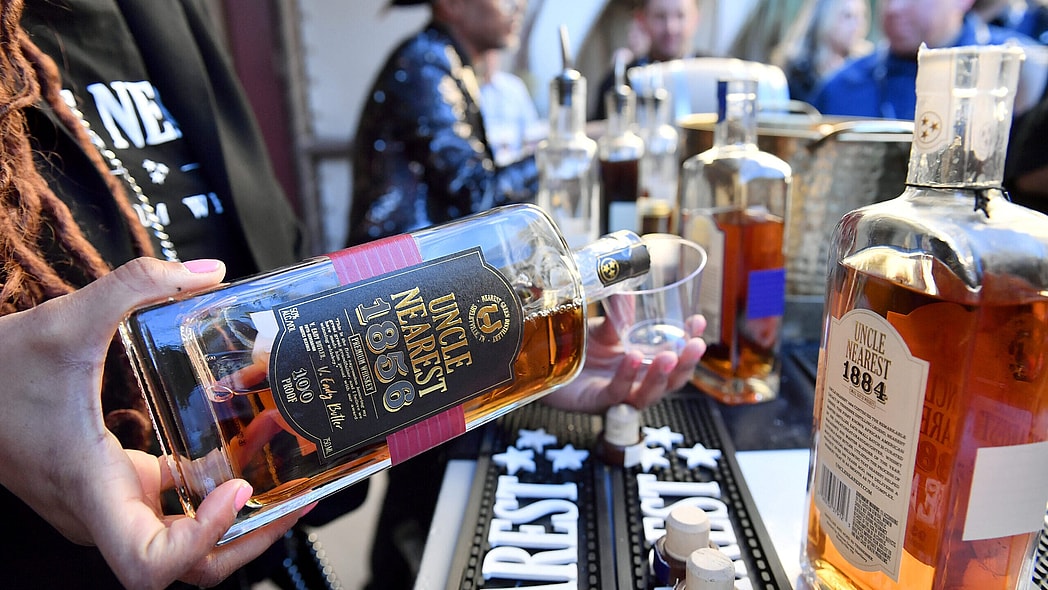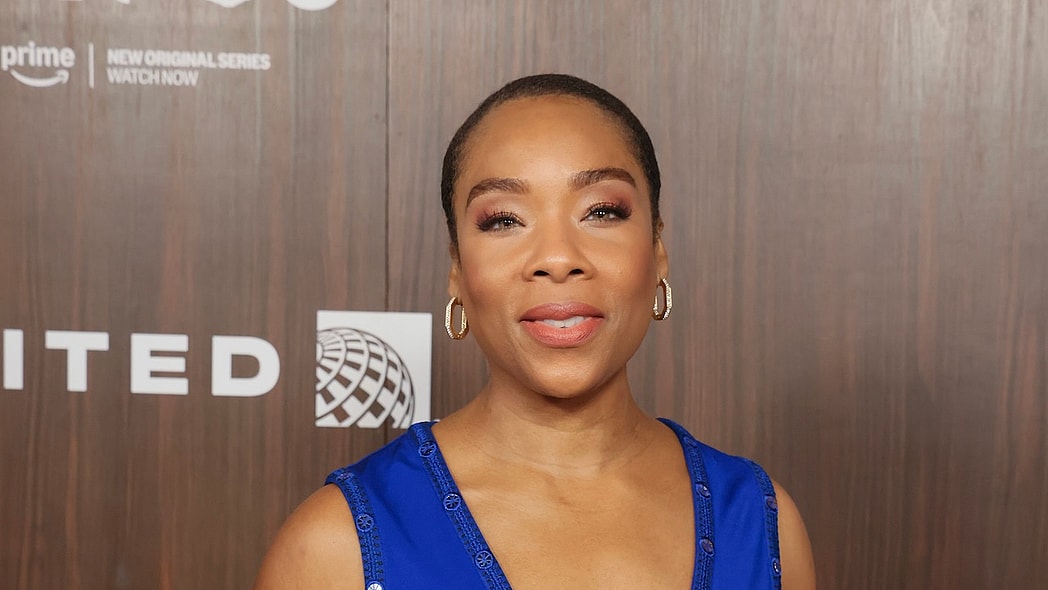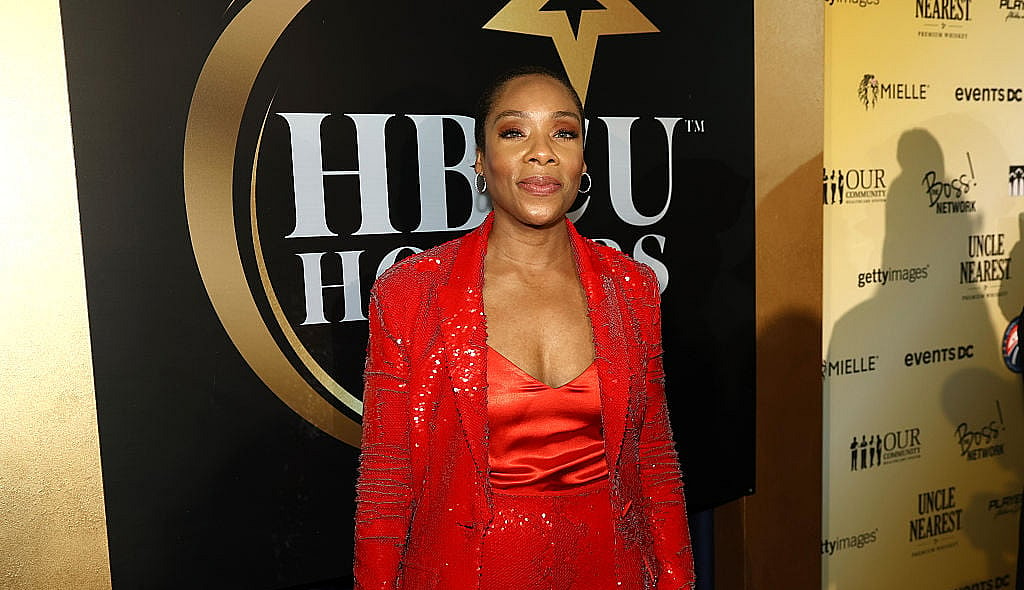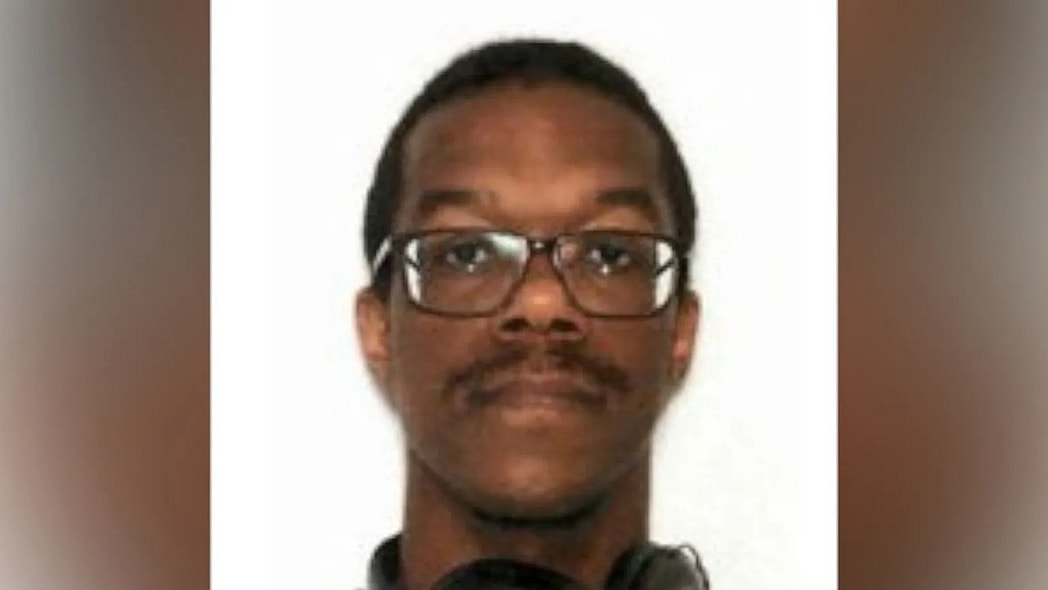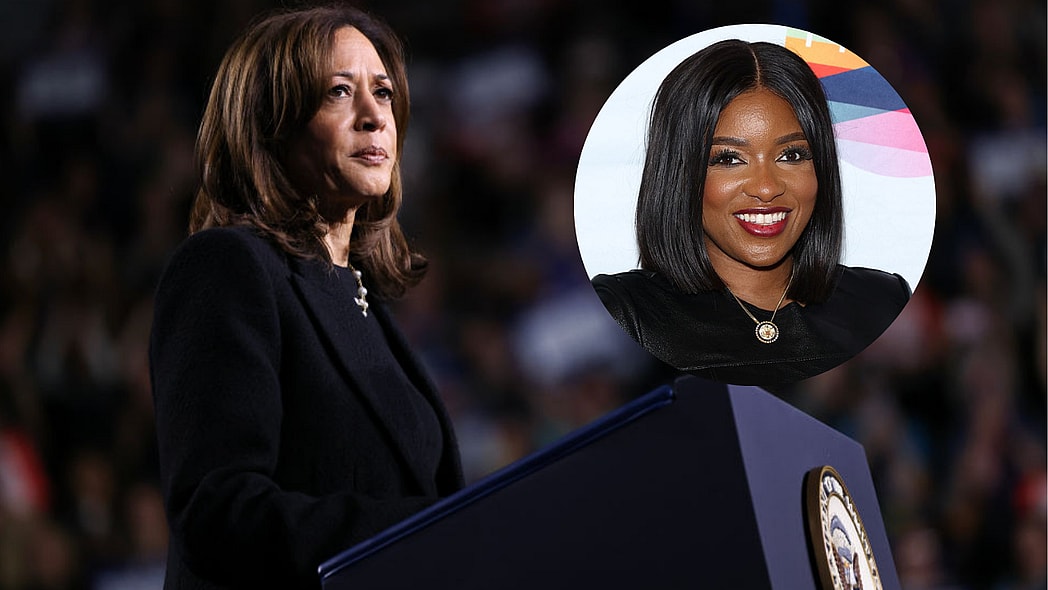This story was originally published by The TRiiBE, an award-winning digital news outlet in Chicago that is reshaping the narrative of Black people. It is being republished on theGrio in collaboration with The TRiiBE.
Stephanie Hart, owner of Brown Sugar Bakery in Greater Grand Crossing, said she is already reaping benefits from the upcoming Democratic National Convention (DNC), which is scheduled to come to Chicago on Aug. 19-22.
In May, she catered a welcome party for delegates and people working the DNC. She said she reached out to convention organizers with hopes to become a vendor during the event.
“All kinds of marketing was done. People were encouraged, as far as last year, to sign up to do business with the DNC,” she said. Hart will also cater an event on Aug. 21 during the convention. The event, which will take place at the Wndr Museum, will honor Black women, she said.
Hart’s involvement with the DNC is an example of how the event can be lucrative for small businesses in majority-Black neighborhoods across Chicago and create investments in these areas.
The DNC Host Committee has tapped minority-owned businesses to help with contracting and hiring around the event, and continues to reach out for volunteers to represent their respective communities. Creating long-term investments into historically disinvested and majority-Black communities is crucial to creating equity in a city where access to financial resources is anything but.
Shermann “Dilla” Thomas is Chicago’s self-appointed urban historian, and was selected as a content creator to cover the convention. Thomas is using his tour company, Chicago Mahogany Tours, to spotlight the communities outside of the areas near the United Center and McCormick Place, where the DNC will be held.
Thomas said he reached out to DNC organizers to ask: “How much money are you gonna be spending in spaces that’s not downtown?”
The economic impact of the DNC has been estimated to be between $150 to $200 million. The last time the DNC came to Chicago was in 1996, the mayor’s office said it had no data on the financial impact of the event. Around 50,000 visitors are expected to visit during this year’s convention. Community and event organizers hope disinvested and majority Black neighborhoods are highlighted and can benefit from the expected economic impact of the DNC.
Thomas is pushing the Chicago 2024 Host Committee and city officials to ensure underserved areas see the benefits of DNC foot traffic.

“I kind of volunteered myself as a person that can help them find venues, vendors, Black-owned, women-owned and people of color-owned businesses,” Thomas said.
The event is organized by two committees. The 2024 Democratic National Convention Committee (DNCC) is directly involved in the event itself. The second committee is the nonprofit Chicago 2024 Host Committee, which works to ensure that Illinois residents and businesses see benefits from the event.
“Our priority has been on human infrastructure for this convention, where as in ’96 there was a heavy concentration around capital investments and improvements,” Keiana Barrett, senior advisor of the 2024 Democratic National Convention, said about long-term investments. “And so, while we have been extremely engaged with the city department around mural designs, around tree planting [and] beautification initiatives, we’ve also been very thoughtful about legacy.”
DNC’s community engagement efforts
As part of boosting Chicago’s business community, the committees created a vendor directory featuring various businesses and venues across the city, which Barrett said will be used among their “allied groups and delegates” with the hope that they “patronize the vendors that are in that system.”
The vendor directory is composed of venues and businesses scattered across the city and consists of 1,022 Black-owned businesses as of publishing time including the Black and woman-owned nail shop A Polished Work in East Chatham and the Austin African American Business Networking Association. Barrett said they are working to share the list with the city’s and state’s procurement offices, along with Chicago’s tourist arm Choose Chicago.
The Chicago 2024 Host Committee also organized two outreach summits late last year, at Malcolm X College and AKArama Foundation Inc Community Service Center in Woodlawn, to showcase bid opportunities for vendors and contractors.
Brenda Palms, president and CEO of the North Lawndale Employment Network (NLEN), which focuses on creating job opportunities for those with barriers to employment. She’s also the founder of Sweet Beginnings, a subsidiary of NLEN. Palms said she reached out to the Host Committee to be a vendor for the DNC but was not accepted due to the absence of a social enterprise business category.
“Even though I’m an African American woman, I’m an African American, and a woman running the business that I founded, Sweet Beginnings. It’s my baby, my heart,” Palms said. “I didn’t fall into a category that allowed our business to compete.”
Although Sweet Beginnings was not officially selected as a vendor for the DNC, Palms spoke about a separate partnership with Microsoft to give them visibility during the DNC. The partnership created 10 jobs for formerly incarcerated men and women. Palms declined to give financial details of the deal in which Microsoft purchased 10,000 lip balms from Sweet Beginnings, which produces and sells skincare products using its self-harvested honey.
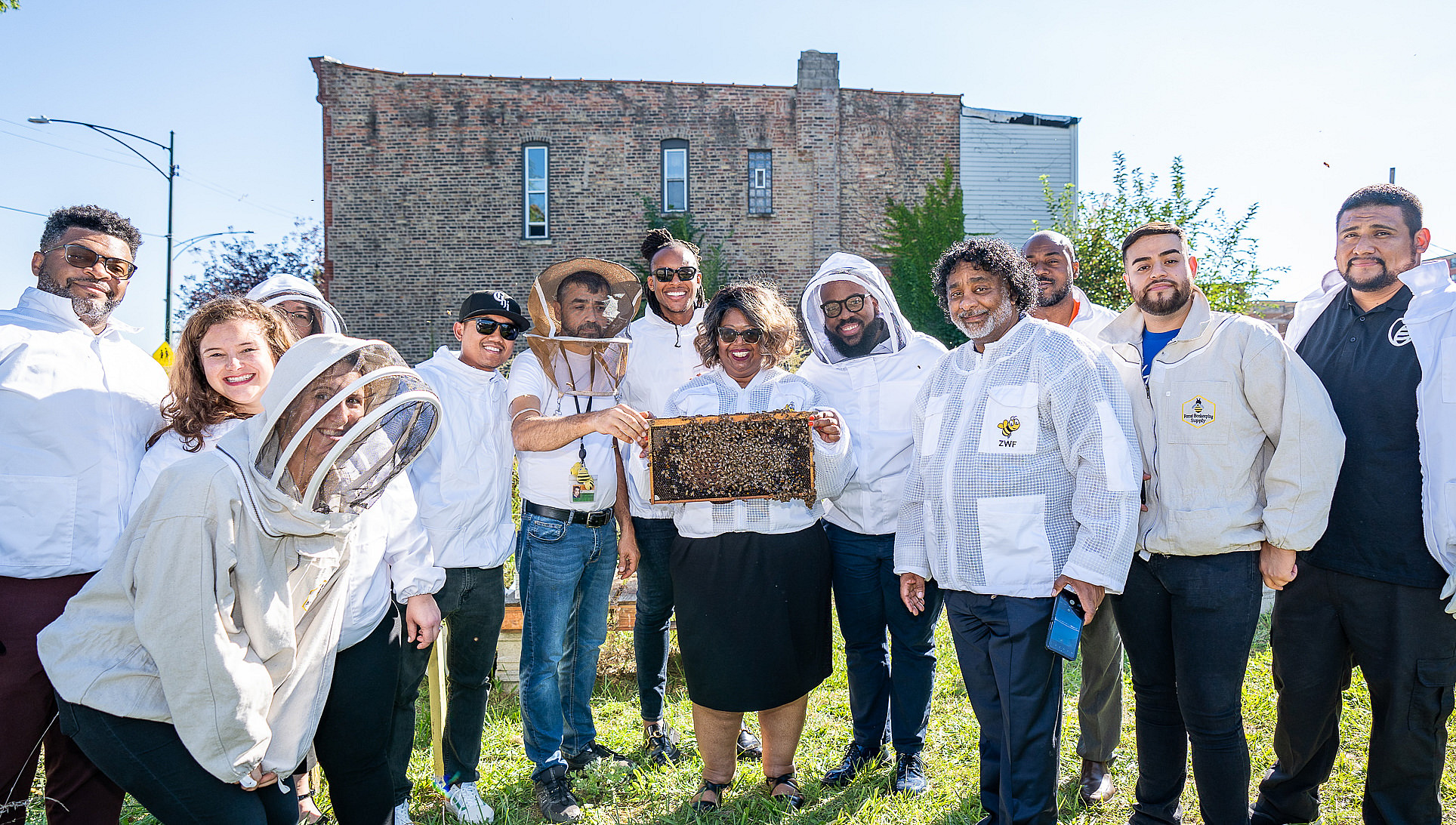
DNC attendees will leave with goodie bags containing the lip balms, which promote the social equity work done at Sweet Beginnings.
Also part of its community engagement efforts, the Chicago 2024 Host Committee recently announced it recruited 12,000 volunteers from the city and its surrounding suburban communities for its Neighborhood Ambassadors Program. The ambassadors work to recruit volunteers and curate neighborhood events.
The volunteer application will remain open until all shifts have been filled. Interested volunteers can still apply at Chicago2024.com/volunteer.
Mercedes Pickett, the DNC neighborhood ambassador for the West Side representing Garfield Park, is engaging youth as part of her duties.
Pickett said that the conversations that come out of the panels and roundtables hosted by the Host Committee and planned for North Lawndale, Austin and Garfield Park, can help younger people get more involved in the democratic process, can last beyond the DNC, and can lead to solutions that residents want for their communities long-term.
“When you have elders and the youth walking through a space that is only reserved for politicians and the media, it [does] create a sense of ownership,” Pickett said. Volunteers will be assisting with event check-ins, greetings and providing transportation for guests, among other duties.
“This is my neighborhood, this is my community. So we want the community to experience that with the Democratic National Convention happening in Chicago,” she added. “I do believe it is crucial for the local residents to be connected as [volunteers].”
A DNC-related youth employment program, dubbed the “junior laborers program,” has hired 70 high school students to work alongside city employees as they prepare for the convention, Chicago Chief Operating Officer John Roberson said. According to data provided from the city, the majority of the students are from Simeon High School in Auburn Park and Prosser Career Academy in Hanson Park.
“These junior laborers are getting a firsthand real work experience that’s going to help them to see and understand what it takes in order to work for the city,” Roberson said. “These young people, these junior laborers are gaining access to the types of experiences that really have the ability to change the trajectory of their lives.”
Will there be long-term community investment?
Mo Green, senior director of civic and community engagement for the Chicago 2024 Host Committee, said that community members can look to the West Loop as an example of the long-term boosts for the city.
“These are folks that saw how the West Loop completely changed and the Near West Side completely changed from the convention in the 90s in Chicago. They’re excited to get a piece of that pie of the convention that’s coming here,” Green said.
Thomas pushed back on the notion that the 1996 DNC spurred development for the West Loop, instead crediting Oprah’s Harpo Studios and the Chicago Bulls consistent championship wins during its Michael Jordan era in the ‘90s.
The West Loop area was once the site of a myriad of meatpacking warehouses where houseless people were able to find work. Development favoring higher-end restaurants and establishments and tech companies has since pushed out the population, and gentrification is still a concern.
As of July 2022, the median household income for the area was $93,202, and according to the Institute for Housing Studies at DePaul University, as of last year, 43.4% of the area’s population was white while 24.3% were Black.
The expected price tag for the DNC is expected to be between $80 million-$100 million through fundraising efforts by the Chicago Host Committee. The funds go towards “every single aspect of the convention from payroll, to production, to events, to everything in between,” according to Natalie Edelstein Jarvis, communications director for the Chicago 2024 Host Committee.
Recommended Stories
In a statement to The TRiiBE, Jarvis said that beautification projects ahead of the DNC include “patriotic displays at both airports, art along the green line through GERTIE’s Next Stop: Chicago project, and are working closely with streets and sans and CDOT to clean up streets, plant flowers, complete litter and graffiti removal, and do river and park cleanups.”
Jarvis also added there would be public art projects which will be “unveiled closer to the convention, including murals and train wraps.” She added that they are “working directly with neighborhood chambers of commerce and groups like the Mag Mile Association to encourage businesses and organizations to beautify their storefronts and do things like plant flowers or hang welcoming messaging. “
The Host Committee is focused on beautification efforts being distributed evenly among Chicago’s 77 community areas, including “sidewalk repairs, painting light poles,” Roberson said. He said the city has no financial goal in mind as the updates are made on a needed basis and could not say how much has been spent on the beautification efforts so far.
According to the Mayor’s Office, the city does not have a budget line for DNC specific projects and that any infrastructure projects that will be done before or during the convention are continuous projects that have been in the works for years.
Roberson touted the long-awaited Damen Green Line station as a long-term investment the everyday Chicagoan will see after the DNC. Roberson said the stop is expected to start operating in mid-August just in time for the DNC.
According to Roberson, the $80 million project, first proposed in 2017, was “accelerated” to be done in time for the DNC and has allowed the city “to have a laser focus on identifying opportunities for the type of transit-oriented development in and around that station that is focused on affordable housing.” The project is funded by the Kinzie Industrial Corridor Tax Increment Financing District (TIF) and state funds.
“[It’s] really important because it is going to provide increased accessibility for people who live on the West Side, to the ecosystem of our economy. It’s going to provide greater access for people to get jobs. It’s going to provide greater access for students who live on the West Side,” Roberson said.
In addition to the new Green Line stop, Roberson said beautification efforts that Chicagaons will continue to see include the Ogden Avenue resurfacing project that prioritizes safety. The Ogden project was awarded $20 million federal funding back in December and is currently going through development concepts with a projected construction start of 2026, according to the project website. The project is a result of a 2018 Quality of Life plan by the North Lawndale Community Coordinating Council.
Barrett said the Host Committee plans to publish a “comprehensive report that will highlight the various community areas where individuals hail from,” measuring the economic impact of the convention and where a concentration of money was spent. She said she expects the report to be published as “momentum is still high” after the event, with a focus on areas around the United Center and McCormick Place “because they are immediately adjacent to it.”
As the lasting impacts of such beautification efforts and the dollars from DNC tourism remains to be seen for majority-Black communities, Brown Sugar Bakery owner Stephanie Hart said she sees the event coming to Chicago as a way to change the narrative and increase visitation to the South and West sides.
“This is an opportunity for us to showcase our neighborhoods, our diversity and the fact that we’re a pretty cool, darn city,” she said.
Corli Jay is the community investment reporter for The TRiiBE.


